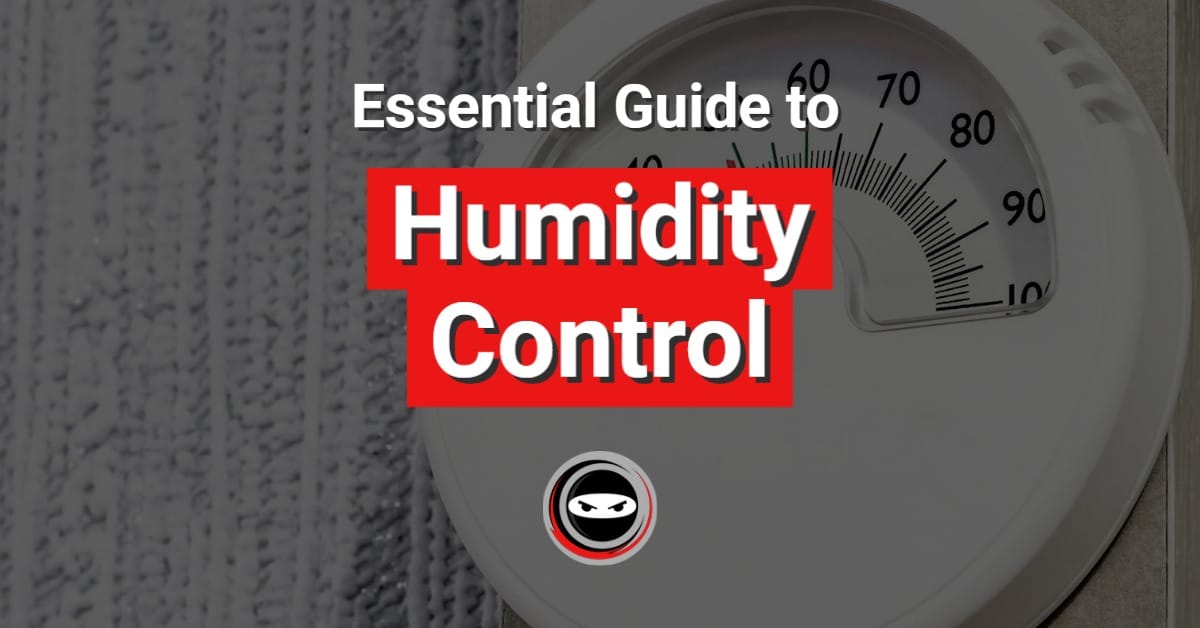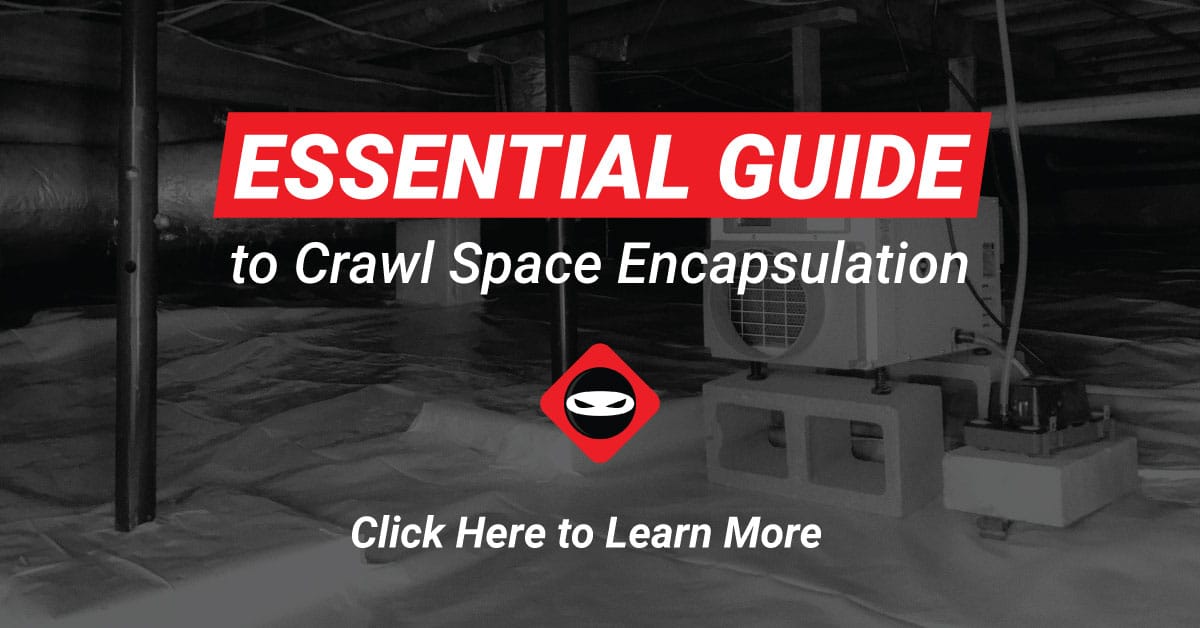Crawl spaces require a class 1 vapor retarder to be installed on the exposed dirt to assist in moisture control. Although, moisture control is the goal, rarely is installing a vapor retarder alone able to control moisture. Many builders and home improvement contractors are under the assumption that throwing down plastic controls crawl space moisture but we find this not to be accurate. A class 1 vapor retarder is a material that has a perm rating of 0.1 perms or less.
Examples of Class 1 Vapor Retarders
Materials used for moisture control that are considered class 1 vapor retarders include:
- Glass
- Rubber Membrane
- Polyethelene Sheeting
- Sheet metal
- Aluminum foil
These materials are used in different locations throughout the home. The intended purpose of a vapor barrier is to control moisture. Controlling moisture in the crawl space is vital. Reduced moisture levels can hinder mold growth and termite activity. Rarely is a class 1 vapor retarder installed in a crawl space able to control moisture without assistance. Make sure the crawl space vapor retarder is covering all exposed earth and at minimum a crawl space dehumidifier is installed.
What is Perm Rating?
Perm rating or permeability is a unit of measure given to a materials ability to retard the diffusion of water vapor. Other classes of vapor retarder includes class 2 with a perm of greater than 0.1 and less than or equal to 1.0. Class 3 has a perm rating of greater than 1.0 and less than or equal to 10 perms.
Class 2 Vapor Retarder Examples (greater than 0.1 and less than or equal to 1.0)
- Kraft paper coated with bitumen
- 30lb asphalt coated paper
- Unfaced expanded or extruded polystyrene insulation
- Plywood
Class 3 Vapor Retarder Examples (greater than 1.0 and less than or equal to 10)
- Unfaced fiberglass insulation
- Cellulose insulation
- CMU (concrete block)
- Brick
- House wrap
- 15lb asphalt coated paper
- Gypsum board
Installing Vapor Retarders in Crawl Spaces
The material most used in new construction is a 6-mil thick class 1 vapor retarder. This material is considered builder grade and can be purchased just about anywhere. If your home has a builder grade vapor retarder, ensure all of the ground surface is covered. There should be no exposed dirt showing to ensure moisture control. Keep in mind this is the minimum required by code and is usually the lease effective at controlling moisture.
Installing a thick class 1 vapor barrier on all exposed earth and foundation walls up to the termite gap is recommended. Ensure all seams are taped with a waterproof crawl space seam tape. installing a crawl space dehumidifier is also recommended. Never leave the crawl space humidity levels to the influence of the outside air.
Ready to find out more?
Drop us a line today for a quote!
Click HereProfessional Basement Waterproofing and Crawl Space Encapsulation
Crawl Space Ninja is the professional choice for all things waterproofing! Our team has the experience and skill to help home owners with mold removal, crawl space encapsulation, crawl space insulation, vapor barriers, waterproofing, or controlling humidity in their crawl space. We can also help with exterior water and yard drainage.
For residents living in Georgia, Delaware, North Carolina, South Carolina, Tennessee, or Kentucky please contact us to schedule your moisture, drainage and leak assessment.
Have You Considering DIY Repair for Your Water Problem?
Perhaps you’d like to tackle your own crawl space repair. Visit our DIY Store.
Join the Crawl Space Ninja as a Franchise Owner!
Learn about Crawl Space Ninja Franchise opportunities.




2 thoughts on “What is a Class 1 Vapor Retarder?”
I live in Sarasota, Florida. Are there any contractors like yourself in my state?
Hi Daniel, I apologize but Crawl Space Ninja does not have a Florida presence at this time and we don’t have any relationships with contractors in that area that do what we do.